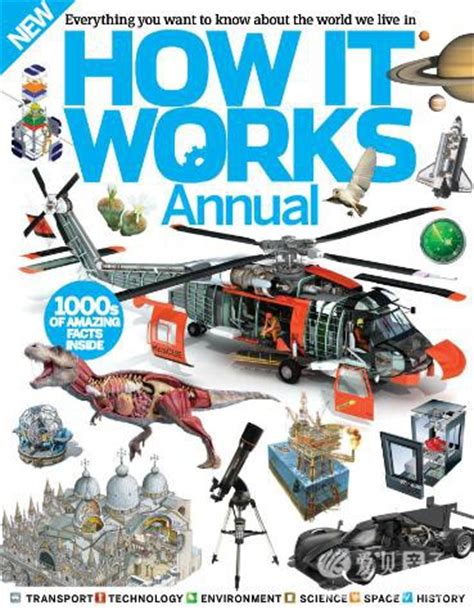Title: Authority in Technology: A Comprehensive Guide
In the everevolving landscape of technology, establishing authority is crucial for individuals and organizations alike. Authority in technology signifies expertise, credibility, and leadership in a specific domain or field. It involves possessing comprehensive knowledge, staying updated with the latest advancements, and demonstrating proficiency in applying technological solutions to realworld problems.
1. Expertise: Technology authorities possess deep knowledge and proficiency in their chosen domain. They understand the underlying principles, methodologies, and best practices relevant to their area of expertise.
2. Credibility: Credibility is built through a track record of successful projects, publications, contributions to the community, and endorsements from peers. It involves consistently delivering highquality work and maintaining integrity in all endeavors.
3. Leadership: Technology authorities often take on leadership roles within their organizations or communities. They provide guidance, mentorship, and direction to teams, fostering innovation and driving positive change.
1. Educational Pursuits: Acquiring formal education in relevant fields such as computer science, engineering, data science, or cybersecurity lays a solid foundation for building technology authority. Advanced degrees, certifications, and specialized training programs further enhance expertise.
2. Continuous Learning: Technology is dynamic, and staying updated with the latest trends, tools, and methodologies is essential. Engage in lifelong learning through online courses, workshops, seminars, and conferences to expand knowledge and skills.
3. Handson Experience: Practical experience is invaluable for building authority. Work on realworld projects, collaborate with peers, and seek opportunities to apply theoretical knowledge in practical settings. Problemsolving and critical thinking skills are honed through handson experience.

4. Networking and Community Engagement: Active participation in professional networks, online forums, and community events facilitates knowledge sharing, collaboration, and exposure to diverse perspectives. Building relationships with industry peers and thought leaders enhances credibility and opens doors to new opportunities.
1. Rapid Technological Advancements: Keeping pace with the rapid evolution of technology can be challenging. Embrace a growth mindset, prioritize continuous learning, and adapt to emerging trends and innovations.
2. Information Overload: The abundance of information available can be overwhelming. Develop discernment skills to filter relevant information, focus on areas of interest, and seek guidance from trusted sources.
3. Imposter Syndrome: Many individuals experience imposter syndrome, doubting their abilities and feeling undeserving of recognition. Acknowledge achievements, seek feedback, and surround yourself with a supportive network to overcome selfdoubt.
4. Balance and Wellbeing: Maintaining a healthy worklife balance is essential for longterm success and wellbeing. Prioritize selfcare, set boundaries, and allocate time for relaxation, hobbies, and personal relationships.
Establishing authority in technology requires dedication, continuous learning, and a commitment to excellence. By cultivating expertise, credibility, and leadership qualities, individuals can position themselves as trusted voices and influencers in their respective fields. Embrace challenges as opportunities for growth, and remember that authority is not just about what you know, but how you apply and share that knowledge to make a meaningful impact.











